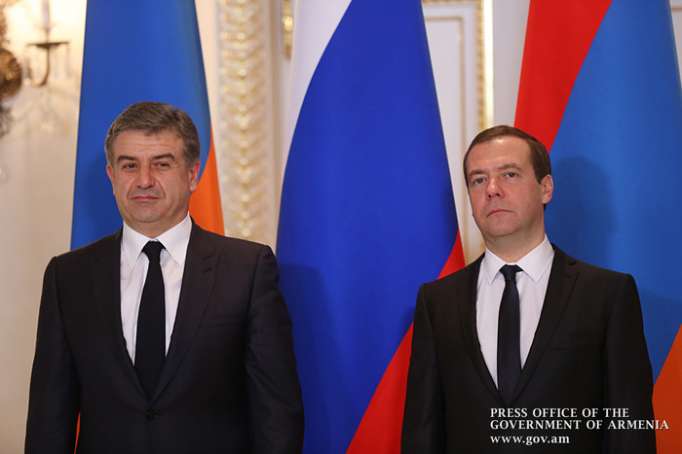Most key positions in the new cabinet remain with the same outgoing ministers, such as the experienced and popular Foreign Minister Sergey Lavrov, Finance Minister Anton Siluanov and Defense Minister Sergey Shoigu.
However, there are new faces in several portfolios, including the Communications Ministry, Emergencies Ministry, Ministry of Environment, Ministry of Transport, Ministry for Open Government, Ministry for Development of the Caucasus Region, and the Ministry for Development of the Far East Region.
“These are all known people with good working experience who have performed well in previous posts,” Putin said, after discussing the new government with Medvedev. The president also asked the prime minister to personally oversee the process of replacing several officials as quickly as possible. “Yes, we will definitely do this. In the nearest future, we will introduce all of the new ministers to their ministries’ collectives,” Medvedev replied.
President Putin signed a decree detailing the new government structure last Tuesday. The new cabinet has 22 ministerial posts instead of 21, as the Ministry of Education and Science was split into its two constituent parts. The Ministry of Telecoms and Mass Communications, which oversees the digital sector of the economy and the mass media, will be transformed into the Ministry of Digital Development. In addition, Russian trade missions abroad were transferred from the Ministry of Economic Development to the Ministry of Industry and Trade, in a bid to boost exports.
More about: Medvedev
















































